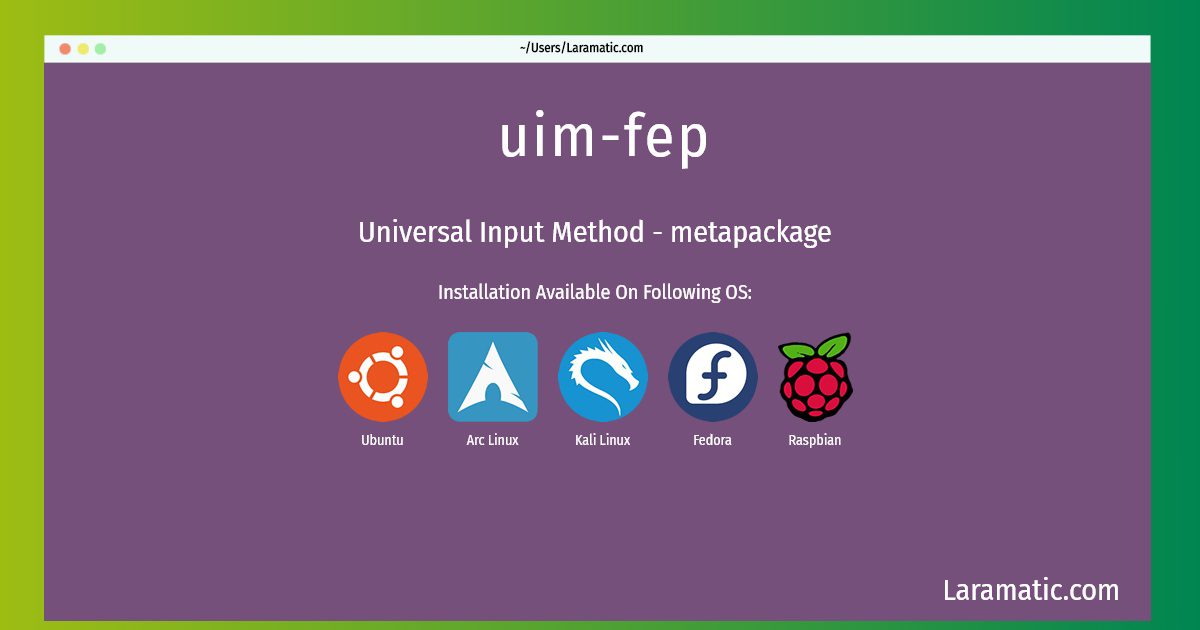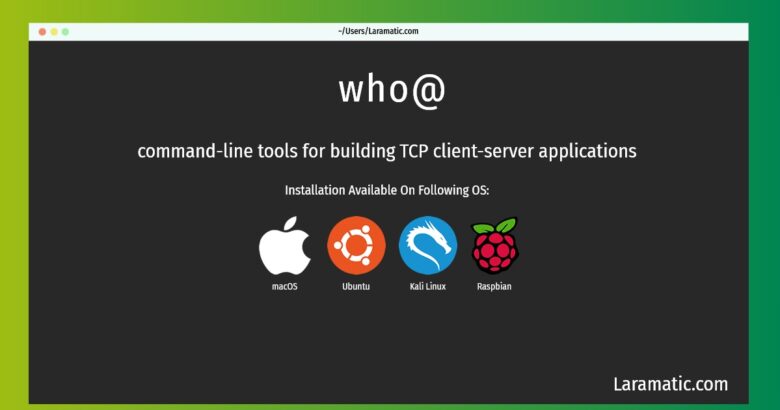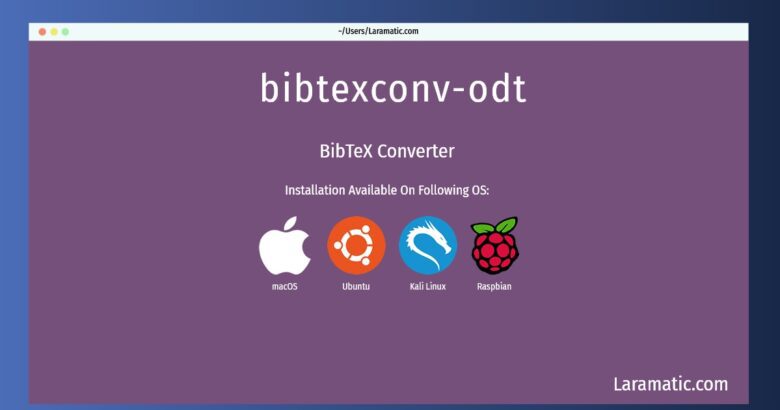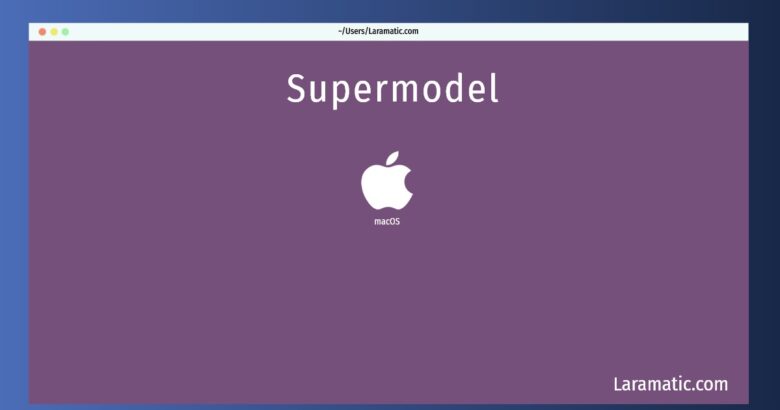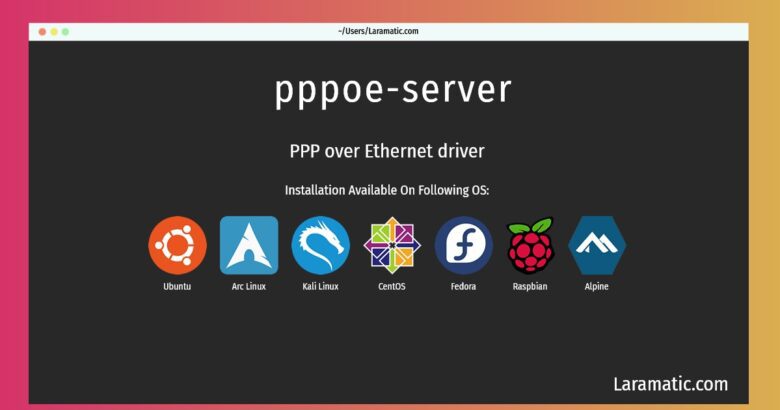How To Install Uim-fep?
Install uim-fep
-
Debian
apt-get install uim-fepClick to copy -
Ubuntu
apt-get install uim-fepClick to copy -
Arch Linux
pacman -S uimClick to copy -
Kali Linux
apt-get install uim-fepClick to copy -
Fedora
dnf install uimClick to copy -
Raspbian
apt-get install uim-fepClick to copy
uim
Universal Input Method - metapackageUim is an input method module library which supports various scripts and can act as a front end for a range of input methods, including Anthy, Canna, PRIME, or SKK (for Japanese), Pinyin (for Chinese), Byeoru (for Korean), and M17n (for many other languages). Most of its functions are implemented in Scheme, so it's very simple and flexible. This package is a dummy convenience package designed to install the basic uim infrastructure. It does not depend on any plugin packages, because uim is not limited to one input method. Packages are available for various input methods, including the following: * Japanese - uim-anthy: Anthy plugin for uim; - uim-canna: Canna plugin for uim; - uim-skk: SKK plugin for uim. * Chinese - uim-pinyin: Pinyin input support for uim. * Korean - uim-byeoru: Byeoru input support for uim. * Multilingual input method - uim-m17n: M17n plugin for uim.
uim-fep
Universal Input Method - front end processorUim is an input method module library which supports various scripts and can act as a front end for a range of input methods, including Anthy, Canna, PRIME, or SKK (for Japanese), Pinyin (for Chinese), Byeoru (for Korean), and M17n (for many other languages). Most of its functions are implemented in Scheme, so it's very simple and flexible. This package contains a curses Front End Processor to support the use of uim in a text terminal.

